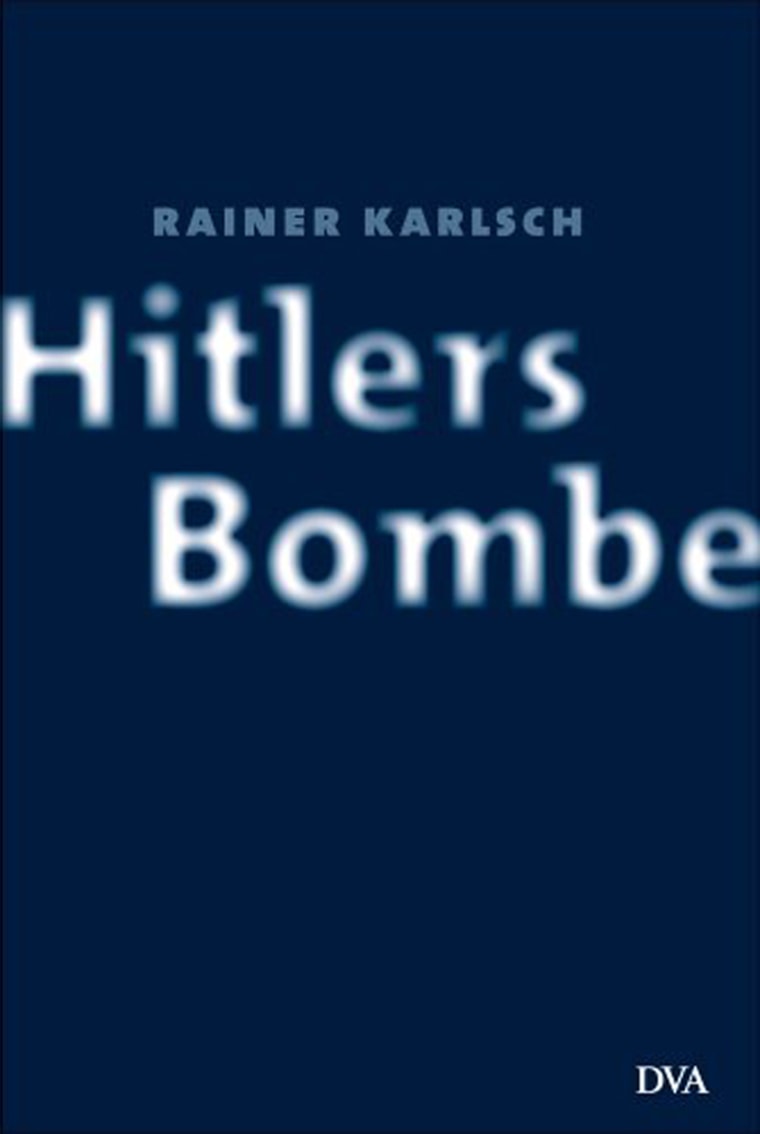Nazi Germany was not only trying to develop nuclear weapons but actually tested atomic devices near the end of World War II, the publisher of a yet-to-be-released book by a German historian says.
The pre-publication claims by historian Rainer Karlsch drew headlines in German newspapers on Friday, but the publisher of “Hitlers Bombe” (“Hitler’s Bomb”) declined to give details or answer further questions until the book is launched on March 14.
Other historians played down any suggestion the Nazis were anywhere close to taking on the United States in a nuclear war.
Island tests?
According to the publisher, Karlsch says Nazi scientists tested “nuclear bombs” in 1944 and 1945 on the Baltic island of Ruegen and in central Germany under the supervision of the SS, but they were not ready to be deployed before the war ended.
Bernhard Fulda, a lecturer on 20th-century German history at Cambridge University, said even though Germany’s interest in harnessing nuclear energy was well-known, the idea that the Nazis almost won the nuclear arms race was implausible.
“I would dismiss any suggestion that these were tests comparable to those carried out by the Americans as part of the Manhattan project,” he told Reuters, referring to the secret program that led to the Hiroshima bombing of August 1945.
Karlsch has been on the staff of Berlin’s Free and Humboldt universities, publisher DVA said.
DVA spokesman Markus Desaga said the book was based on research reports, construction plans, diaries, aerial photos, spy reports and testimonies of some of the scientists involved.
“Under the supervision of the SS, German scientists tested nuclear bombs on Ruegen and in Thuringia in 1944 and 1945,” Desaga said. Hundreds of prisoners of war and internees died during this process, he added.
Radiation measurements and soil analysis were also used to back up the assertions, he said. He said no further details on the book would be released until its publication.
Karlsch studied economic history and has published books on the development of atomic weapons. He will give no interviews on the book before its publication, Desaga said.
Operational nuclear reactor?
DVA said the book asserts there was an operational nuclear reactor close to Berlin in 1944-45, and that Nazi physicists had drafted a patent for a plutonium bomb as early as 1941.
“The Third Reich was on the verge of winning the race to deploy the first nuclear weapon. Was this Hitler’s final hope, the miracle weapon he talked of in 1944/1945?” DVA said in a statement on its forthcoming title.
The book raises the question of whether the world was on the brink of a nuclear war before Germany surrendered in May 1945.
But Fulda said Germany’s economic resources were so stretched, particularly in the final phases of the war, that it would have had “no chance” of realizing its nuclear ambitions.
